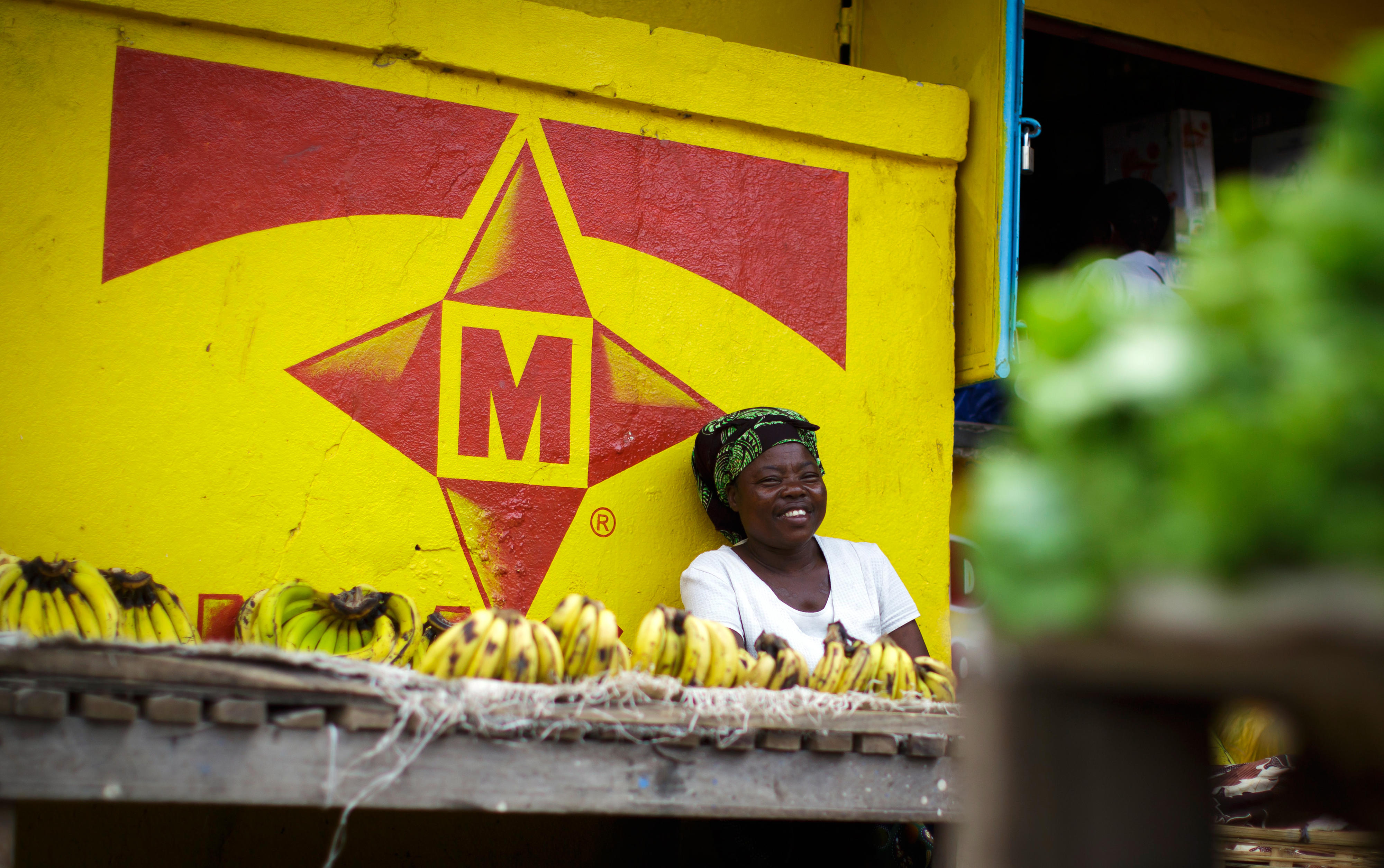Social situation Great challenges, good progress
Fruit seller in Mozambique
There is significant social disparity within the country. Living conditions in the northern and central regions are considerably worse than in the southern part. According to World Food Programme (WFP) figures, 80 per cent of Mozambique's people are unable to afford a healthy diet. One fourth of the country's approximately 32 million people are malnourished. The rate for young children is over 40 per cent. As a consequence of the conflict in the north, drought, and the COVID-19 pandemic, the number of people facing high levels of acute food insecurity has risen to 2.9 million people (first half of 2021). Mozambique ranked 106th of 116 countries in the 2021 Global Hunger Index.
Education and health
Nearly half of the population are below the age of 15. It is a challenge the education system is ill-equipped to meet. World Bank figures show that only 58 per cent of children completed primary school in 2020. The illiteracy rate is almost 40 per cent. School closures during the COVID-19 pandemic further worsened the education situation. According to UNICEF estimates, only two per cent of all children in Mozambique have internet access, meaning that the vast majority had no chance of taking part in online classes.
More than 60 per cent of Mozambique's people live in rural areas. Half of them have no access to safe drinking water, and 77 per cent have no access to basic sanitation. Over eleven per cent of those aged between 15 and 49 are HIV-positive. The rate for women is higher than that for men.
Development achievements
The international community is engaged in development cooperation with Mozambique and, since 2000, has achieved success in a number of areas. Germany has played an important role in that. School enrolment, for example, has increased from 57 (2000) to nearly 94 per cent (2018), and life expectancy rose between 2000 and 2019 by some twelve years to 61. Child mortality is still high, with 71 children out of 1,000 dying before they reach the age of five. However, that rate was still 170 in 2000.
Whilst these figures are encouraging, they show above all that great efforts are still needed to realise human rights for all in Mozambique, for example the right to food, the right to the highest attainable standard of health and the right to education.
As at: 18/01/2023
